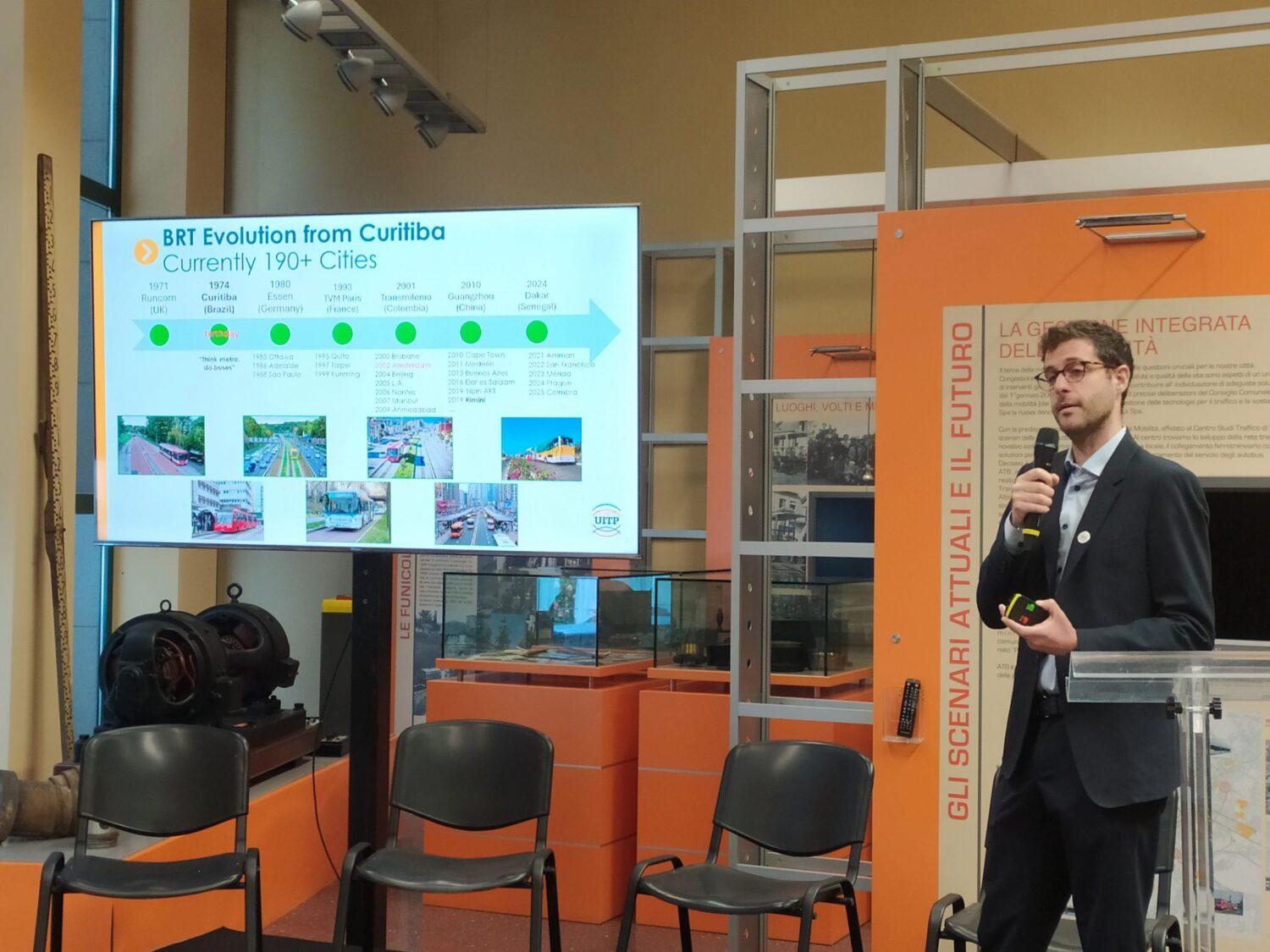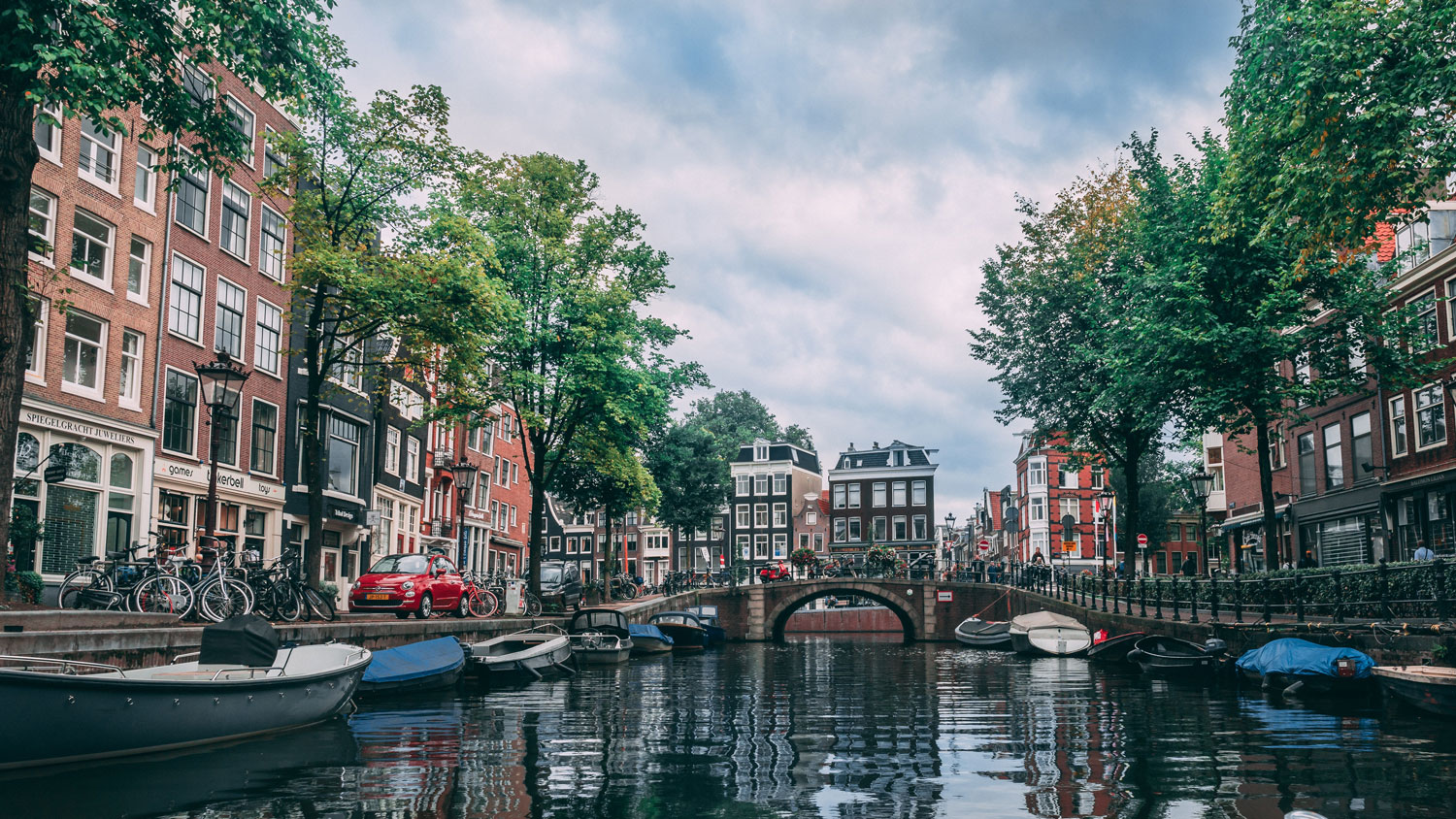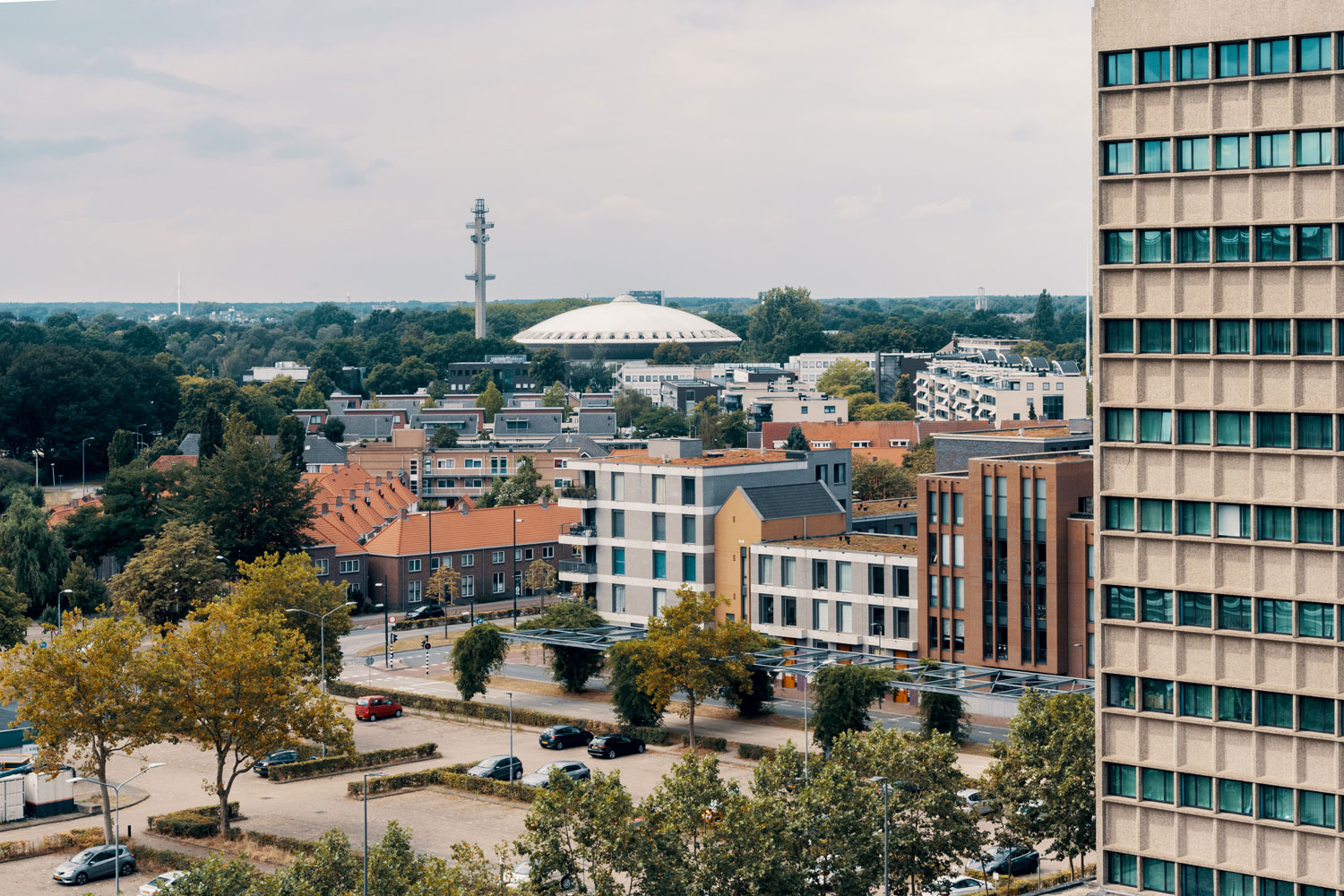
UITP (Union Internationale des Transports Publics) is the International Association of Public Transport and a passionate champion of sustainable urban mobility. Established in 1885, with more than 135 years of history, it is the only worldwide network to bring together all public transport stakeholders and all sustainable transport modes.







